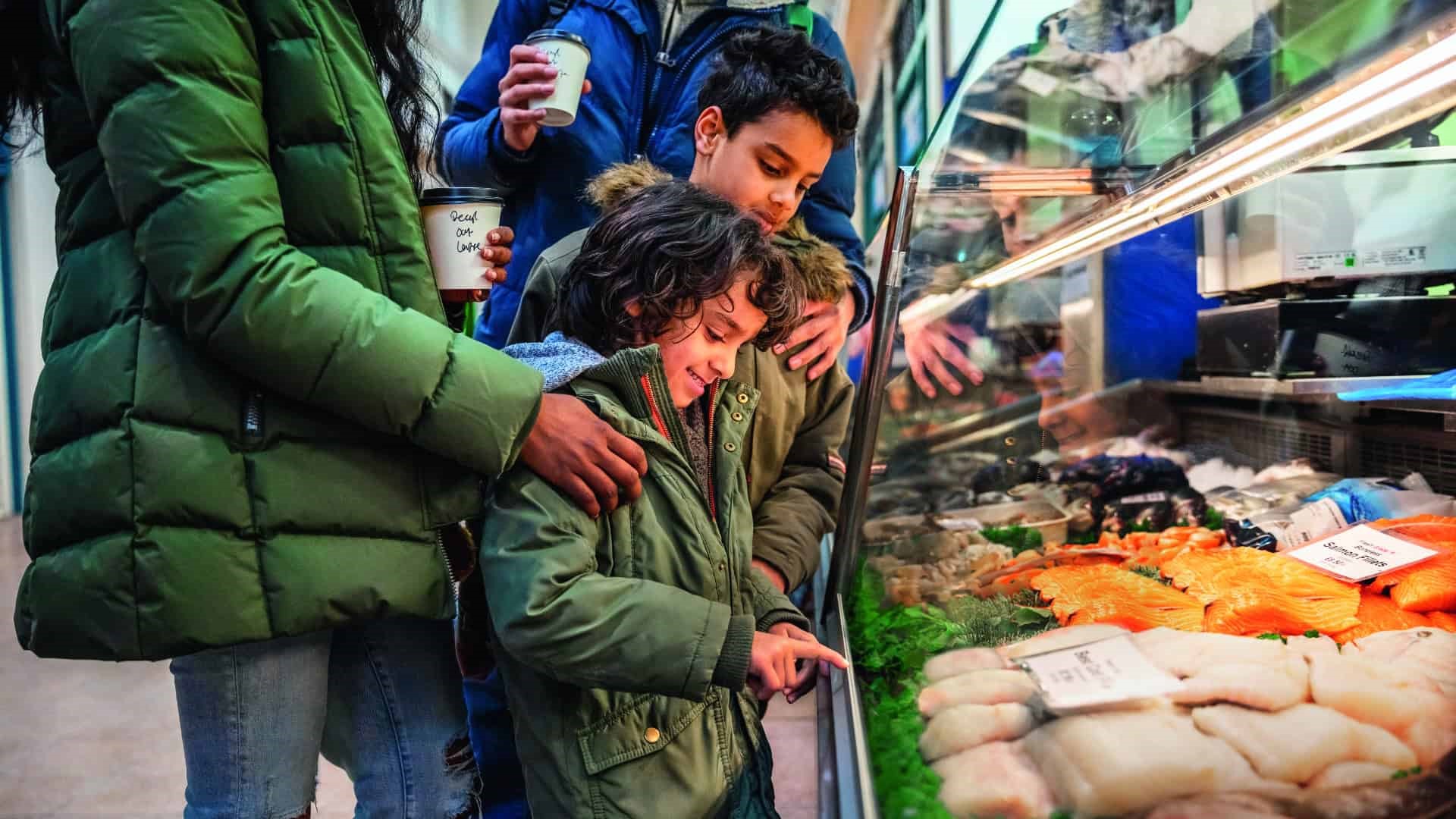Immediate: 00:01 EAST Friday 7 June, 2024

A staggering 91% of Australian seafood consumers are worried about the state of the ocean, with pollution and overfishing ranking as our top concerns. Despite this, there is a disconnect between environmental concerns and action at the checkout point. The findings come from the world’s latest and most extensive study of seafood shopping habits released by the Marine Stewardship Council (MSC) an international non-profit with a mission to end overfishing, ahead of the United Nations World Oceans Day on Saturday, 8 June.
The biannual survey, which polled over 27,000 people across 23 countries, found that over a third (35%) of Australians have made diet changes due to environmental reasons. In comparison to 2022, health remains the main motivator for diet changes at 62% and ‘saving money’ has become a top motivator rising to 48% (versus 37% in 2022). The most notable dietary change involved red meat, with 38% of Australians reducing or eliminating beef and lamb from their diets over the past two years. Only 10% increased their fish consumption, while 30% reduced their intake, raising an ongoing question about Australians’ awareness of sustainable seafood as well as seafood health benefits.
While the study displays a robust national sentiment to protect our ocean, it also uncovers an ongoing gap between intent and action when it comes to sustainable seafood purchasing. While 50% of Australians claimed their top action to safeguard the future of fish in our ocean would be to choose sustainably sourced seafood, only 23% did so in the past year. Furthermore, only 14% bought seafood with an ecolabel, such as the MSC blue fish tick label, and although 42% intended to switch to brands or products that support ocean health, just 19% followed through.
81% say supermarkets' and brands' claims about sustainability and the environment need to be clearly labelled by an independent organisation.
MSC Program Director for Oceania and Singapore, Anne Gabriel, said, “The research clearly indicates that knowing that their seafood is coming from sustainable sources is becoming increasingly important to consumers. The MSC blue fish tick label serves as a credible and trustworthy guide for consumers seeking to purchase seafood from sustainable sources. By providing assurance "from ocean to plate" and adhering to rigorous standards recognized by the UN FAO, the MSC label enables consumers to make informed choices aligned with their desire for sustainable options, bridging the divide between good intentions and actual purchasing behaviour. The MSC's comprehensive certification process and chain of custody requirements should be leveraged as a response to the ongoing scrutiny by the ACCC on greenwashing amongst businesses as a pragmatic procurement solution to sustainable seafood while empowering confused and sceptical consumers with an easy and credible choice to make when shopping.”
According to the United Nations Food and Agriculture Organisations 'Blue Transformation' initiative, which aims to recognise the importance of fishing and aquaculture in helping to nourish our population while protecting nature, "the ocean covers 70% of our planet, but currently provides only 5% of our food."
The UN estimates that, with the right management, 98% of currently overfished stocks could return to healthy levels by 2050. According to The Proceedings of the National Academy of Sciences, 72 million more people could meet their protein needs if all fishing was sustainable.
Fisheries certified to the MSC’s sustainable fishing standard are required to demonstrate they manage fish stocks sustainably and minimise impacts on the wider marine environment through annual third-party audits.
In Australia, 28 MSC-engaged fisheries, comprising 36 species, make up 30% of the total volume of wild-caught seafood. It adds to Australia's proud history of having the world's first and longest MSC-certified fishery, the WA Rock Lobster fishery, and contributing over one hundred and sixteen improvements to fishing practices across the globe.
Shopping for sustainable seafood is easy: Look for the MSC blue fish tick label on over 370 products in Australia.
